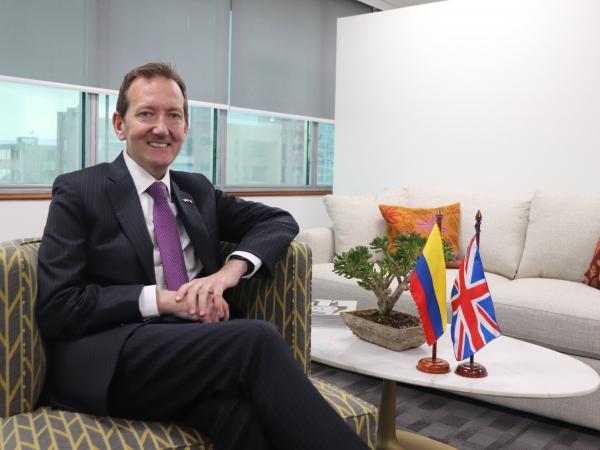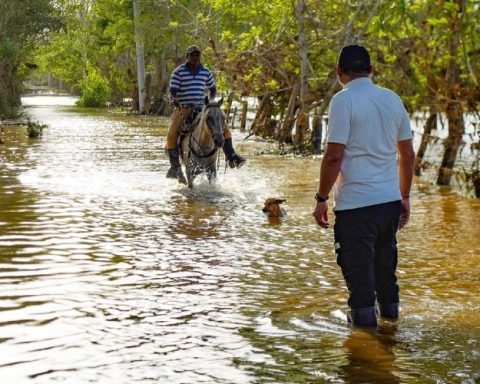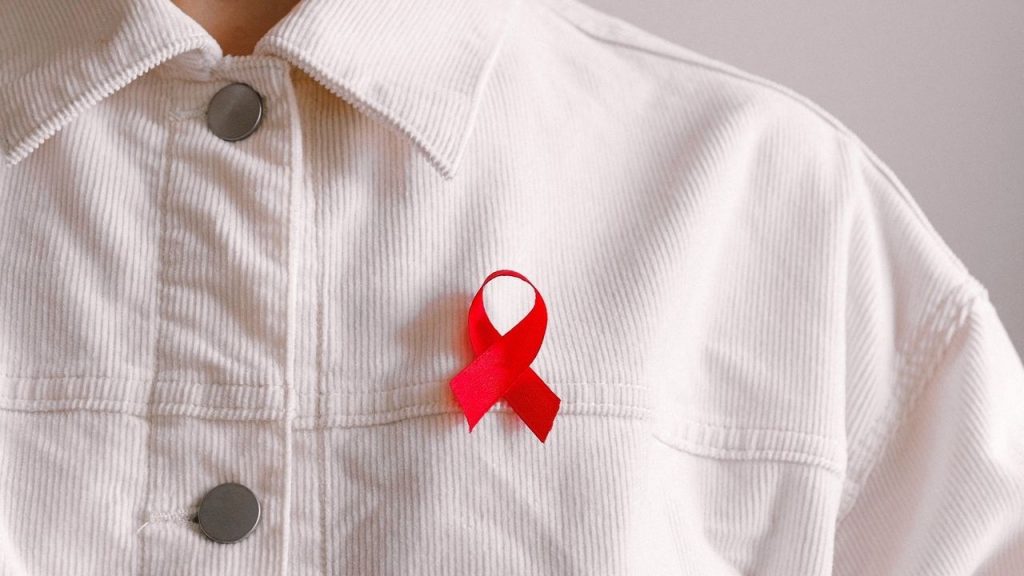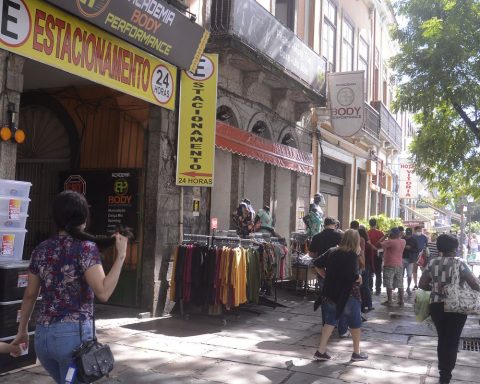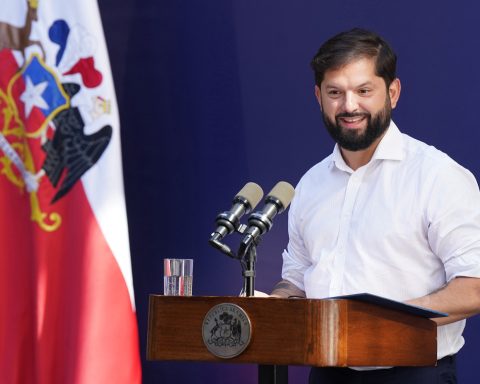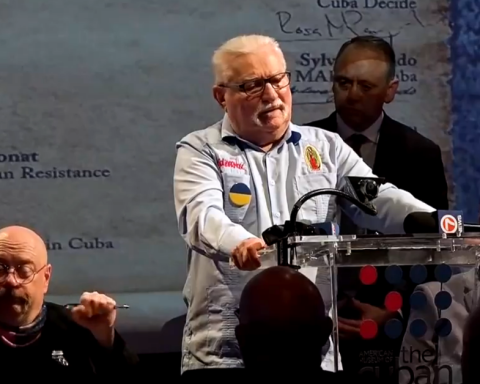As the COP26 in Glasgow (United Kingdom) enters its final week, in which the countries are expected to reach ambitious agreements to combat climate change, Colin Martin-Reynolds, British Ambassador to Colombia, highlights the need for concrete plans are created so that the goals become facts.
(COP26: key week to reach agreements).
What are your expectations at COP26 in Glasgow?
It is not an exaggeration to say that COP26 is our last chance to avoid a climate change catastrophe. Scientific evidence has never been clearer, our world is in code red.
I think we all know that the negotiations are challenging, but if we join forces, we still have time to meet our objectives.
What commitments do you think are necessary?
We have had several accomplishments on the way to and during COP26. When the UK was elected, less than 33% of the global economy had committed to carbon neutrality targets. Today they are already more than 75% of the countries.
(Is the country’s climate strategy for 2050 realistic?).
There is still much to do and it is vital that countries not only commit, but also meet their goals. We all play an important role: State, local governments, private sector, NGOs, local communities, etc.
What is the UK’s view of this fight?
We have led by example, setting a greenhouse gas reduction goal of at least 68% by the end of the decade and zero emissions by 2050.
Thus, we demonstrate that it is possible to meet ambitious goals and have economic growth at the same time.
What role do you think companies and people play?
I want to highlight Race to Zero, the UN campaign that was created precisely to promote the linkage of municipalities and the private sector. In Colombia we are working with the Association of Cities ICLEI, Asocapitales and C40 to support the linkage of more than 20 cities and municipalities, including Bogotá, Medellín and Barranquilla. And there are already 39 companies that have joined, such as Luker, Grupo Energía de Bogotá, Alquería, among others.
How do you see Colombia’s climate effort?
Colombia has become a strategic ally, especially on climate issues. We recognize the great commitment and leadership of the government in the region and for example its effort in protecting its two oceans. There is still much to do, but we are optimistic that the leadership of the various actors will allow us to go far. We are committed to working with the country.
In which areas do the United Kingdom and Colombia work?
At COP26, the UK committed £ 1.5 billion to the Global Forest Finance Pact, of which £ 300 million will be earmarked for the protection of the Amazon biome. Colombia will be the leader of the initiative in the region. Additionally, the ‘Eden Project’ announced the plan to open its first headquarters in South America in Meta.
This complements the UK-COL Alliance for Sustainable Growth which is supported by climate finance for £ 244 million, and we support global initiatives such as the Leaders’ Commitment to Nature or ‘the Leticia Pact’, which show the interest of Colombia to scale climate action from the national to the regional level.
What are the keys to green recovery?
The real work starts after COP26, on implementation. We require concrete and realistic plans, backed by robust policies and, for this, decision makers must consider the benefits of the energy transition to cleaner sources, and that take advantage of the use of sustainability as employment generation, and improve productivity and competitiveness.
We enter the key week. What is lacking?
The result of COP26 will be seen at the end and not at the beginning. We must come out with strong action, and we are pleased to see the commitment of the world’s governments: the Glasgow Agreement on Deforestation and Sustainable Land Use with more than 100 countries is an example, as well as other new commitments to achieve carbon neutrality.
What is missing for the goals to become facts?
Until each individual is aware of their role, we cannot achieve our joint goals. We can all act as watchdogs for our governments to meet their commitments and we must pressure the private sector to adapt to a more sustainable future. With individual actions that are transmitted one by one and multiplied, we can build a network between civil society, the market and the Government.
BRIEFCASE
